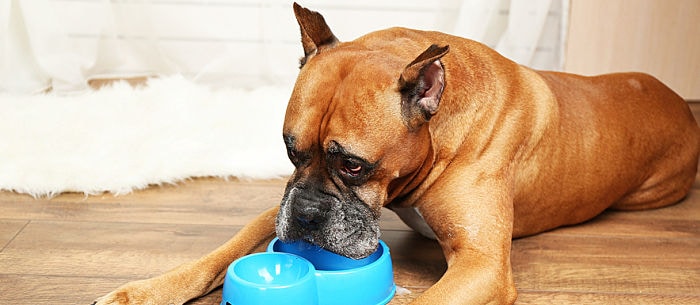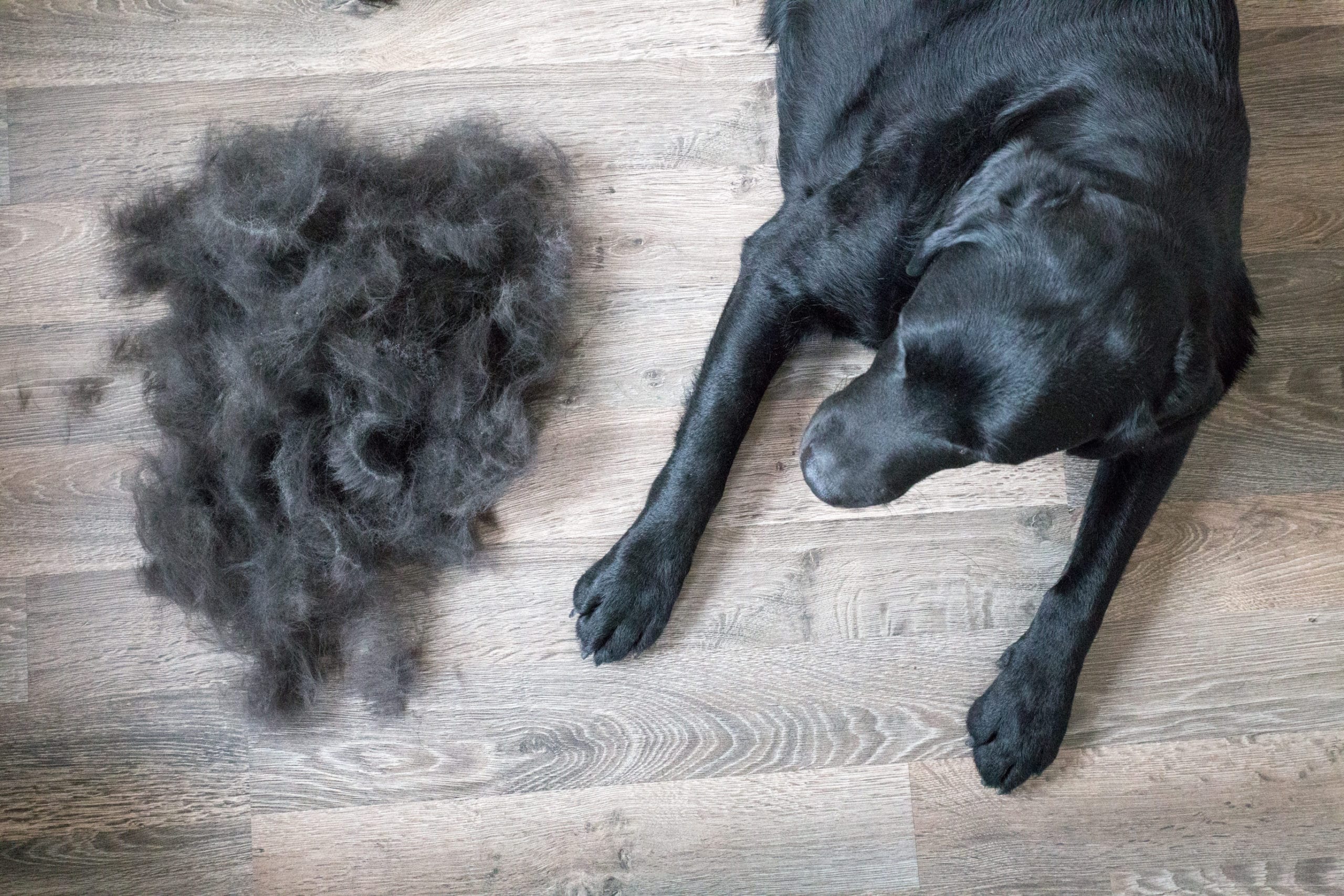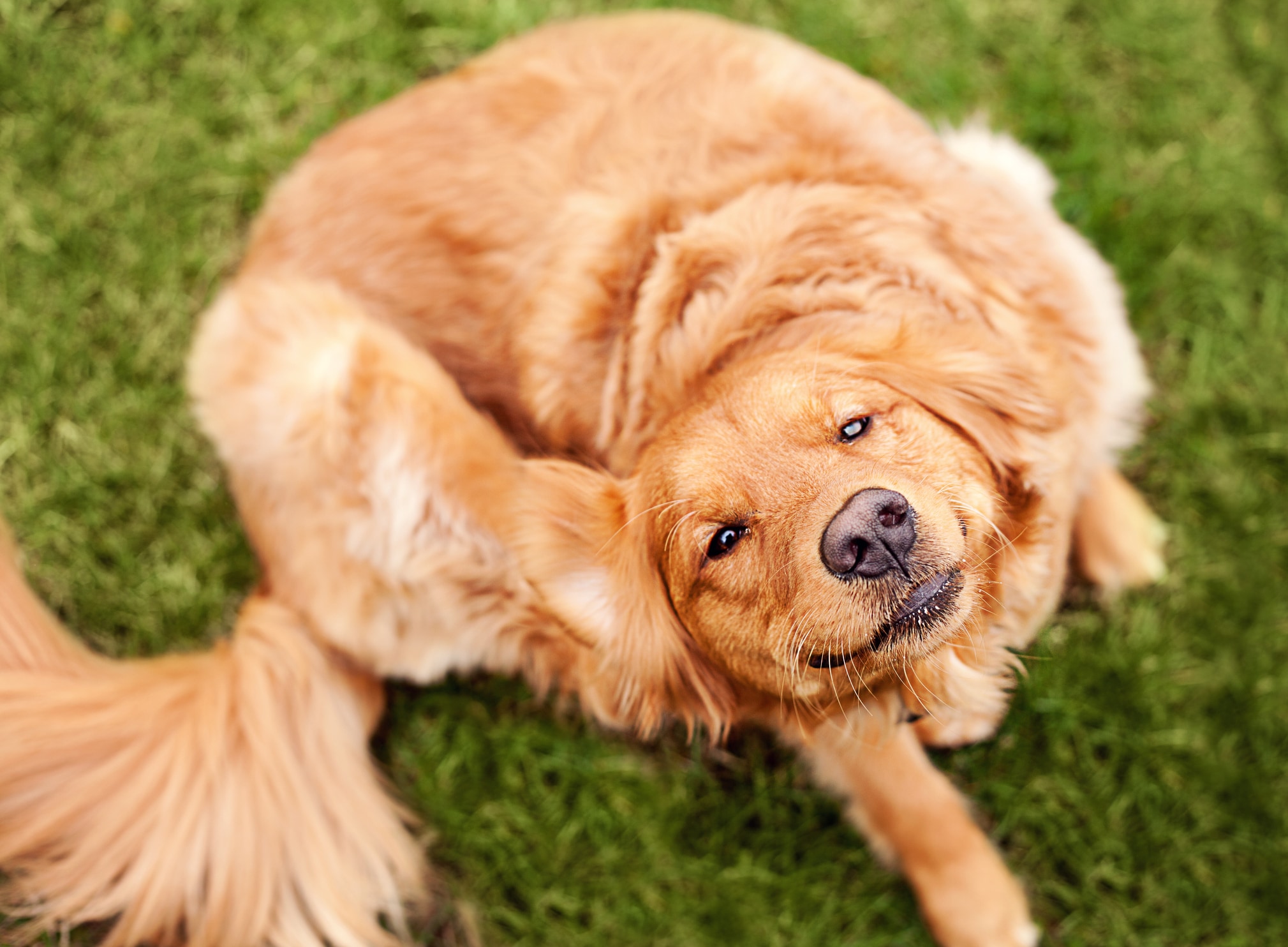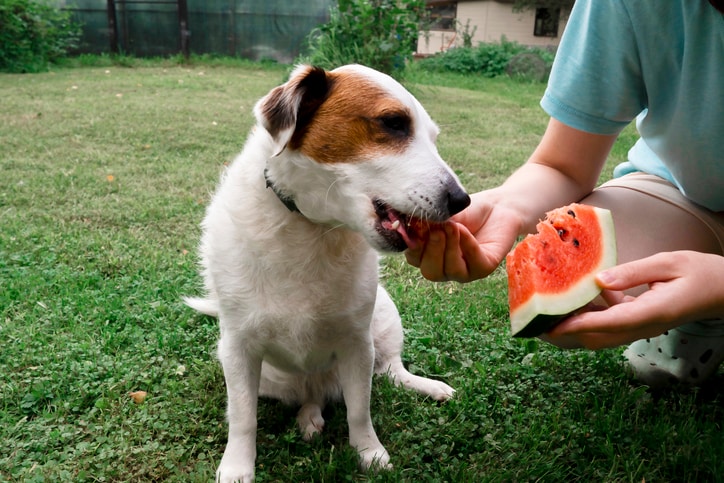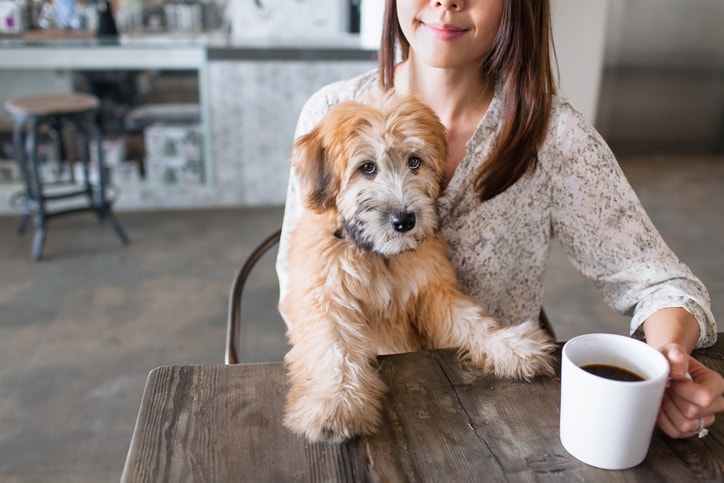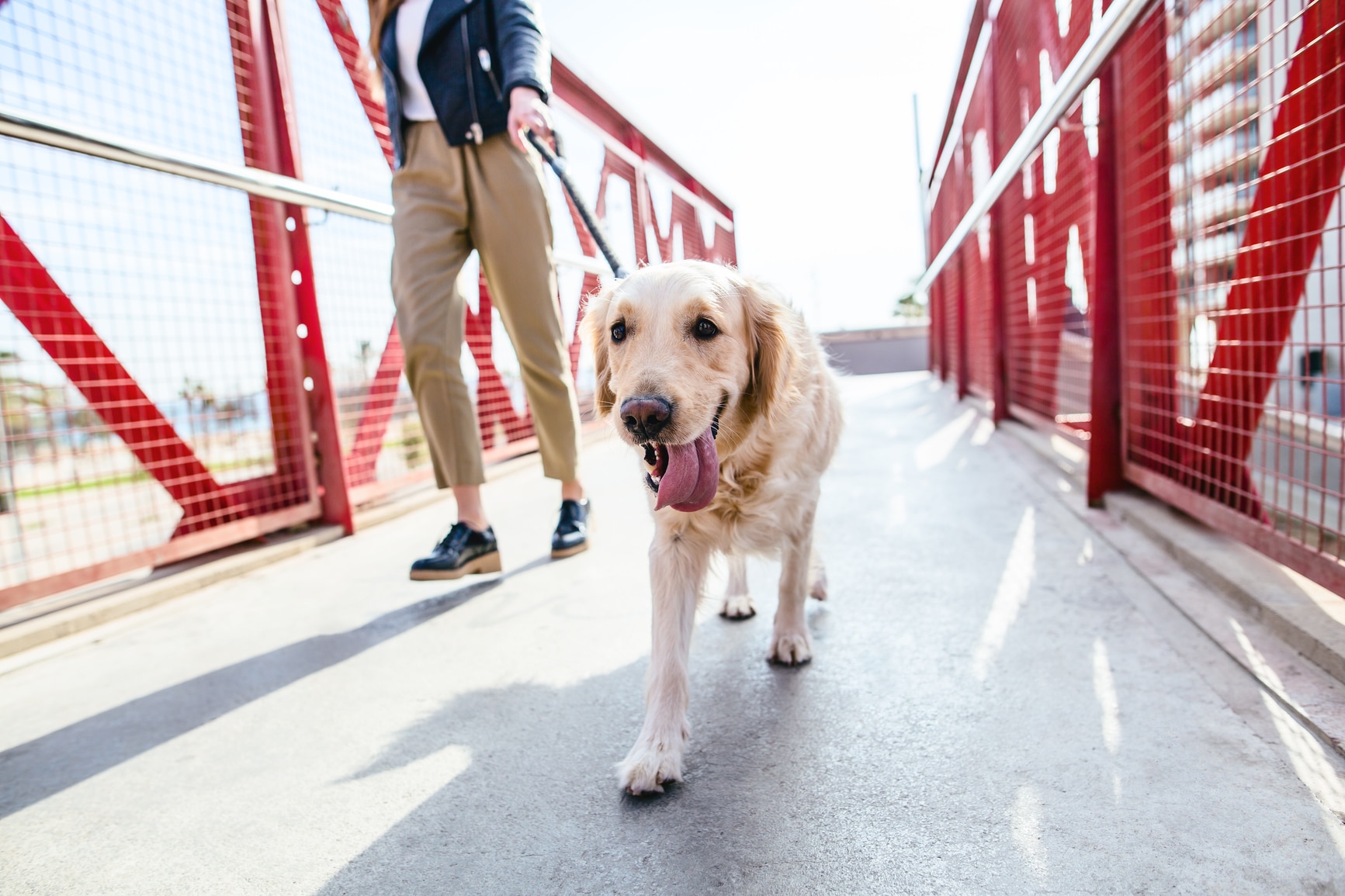Picture this: Just when you’re about to enjoy a midmorning snack, your dog stares at you with imploring eyes that seem to say, “Please, please, please give me some!” Does this scene sound familiar? If so, there’s no need to worry! Some dogs seem constantly hungry, even if they’ve just been fed a couple of hours ago.
Nevertheless, all this begging and pleading may make you wonder, “How much should I feed my dog?” Here’s an overview of what might be causing your dog’s constant hunger and what you can do to ensure that he eats healthy, appropriately sized meals.
Why Is Your Dog Always Begging for Food?
Here are five reasons why your dog may be constantly hungry:
- A Medical Condition
“Medical conditions like hypothyroid and Cushing’s disease will change a dog’s appetite,” says Dr. Amber Andersen, a certified veterinary journalist and veterinarian with Redondo Veterinary Medical Center in California. If you find that your dog’s eating habits are changing, you should bring him to the veterinarian to rule out any health concerns.
- A Constant Interest in Food
Think about the last time you were offered a deliciously decadent dessert right after finishing a satisfying meal. Even if you were full, you still wanted the dessert, right? Similarly, your dog might be interested in food during times when she is not physically hungry. In fact, “some dogs are very food motivated, due to personality or breed, whereas other dogs are less food motivated,” says Dr. Amanda Landis-Hanna, the director of veterinary medicine at i4C Innovations.
- Boredom
When you’re bored, you might sometimes meander over to the fridge to see whether there’s anything yummy to eat. Dogs seek out food out of boredom, too. In fact, “begging is often an attention-seeking behavior,” says Dr. Denise Petryk, the director of veterinary services at Trupanion. According to Dr. Petryk, if your pet is eating the recommended amount of food, you should not give in to her begging. Instead, you should try to engage her in physical activities that will keep her entertained.
- Instinct
Wolves and dogs that live in the wild often don’t know where their next meal will come from. As a result, “dogs are scavengers by nature,” says Dr. Chad Harris, the chief of staff at North Austin Animal Hospital in Austin, Texas. At a certain level, it’s instinctual for a dog to constantly be on the lookout for food.
- Lack of High-Quality Food
There’s a wide range of dog food available on the market, and the type of food you choose for your furry friend can make a big difference in his appetite.
“Some dogs may be getting an inappropriate balance of nutrition and crave additional calories,” says Dr. Landis-Hanna. For instance, if your dog is not getting enough fiber, he might not “feel full,” she says. As such, you should make sure that your dog’s diet includes good fiber, such as whole grains and vegetables.
“So, How Much Should I Feed My Dog?”
Just because your dog wants more to eat, doesn’t mean you need to give him more! There are various resources available that can help you determine how much you should feed your dog on a daily basis.
Do you scan the labels on the food you eat for information regarding nutrition facts and serving sizes? You should do the same thing for your dog’s food! According to Dr. Petryk, “high-quality dog food almost always has a feeding guide on the label or on their website.” Though these guides provide generalized information that is often not specific to a dog’s age or weight, they can serve as a helpful starting point for you to gauge an appropriate serving size.
If you’d like to get a more specific dietary plan, you can reach out to a pet health care professional. According to Dr. Andersen, your dog should be fed based on her “ideal condition as directed by your veterinarian.” But, even if you feed your dog based on a vet-recommended diet, you should continue to monitor any sudden changes in her body weight, as this may be a cause for concern.
If you need help determining what constitutes a healthy weight, you should refer to a body condition scoring chart, like the one provided by The Ohio State University Veterinary Medical Center.
It’s also important to remember that if your dog suddenly becomes more active, he will need to eat more food to make up for the fact that he is burning more calories. Therefore, if the dog walker is stopping by more than usual, you should reach out to your veterinarian to see how his diet should change accordingly.
How Can Your Prevent Your Dog From Becoming Obese?
It’s understandable that your dog loves to eat. “Food tastes good, and many dogs enjoy that pleasure,” says Dr. Landis-Hanna. But, as Dr. Harris points out, obesity is becoming a growing problem in pets because many owners associate food with love. But by knowing when it’s appropriate to ignore your dog’s constant desire for more food, you can help to ensure that he lives a long, healthy life.
And read Creating a Puppy Feeding Schedule.
Laura Agadoni is a pet writer and pet owner whose articles appear in various publications, such as The Daily Puppy, Pets on Mom.me, The Nest, Tom’s of Maine, The Penny Hoarder and Trulia.
